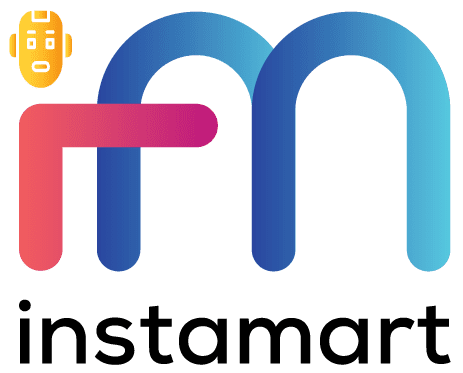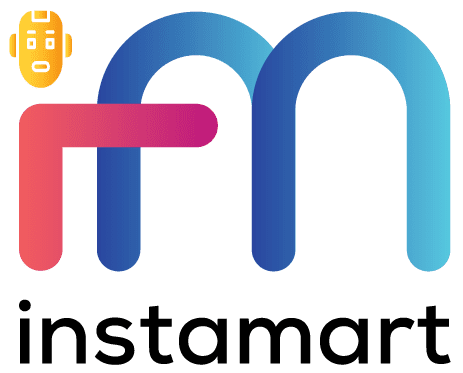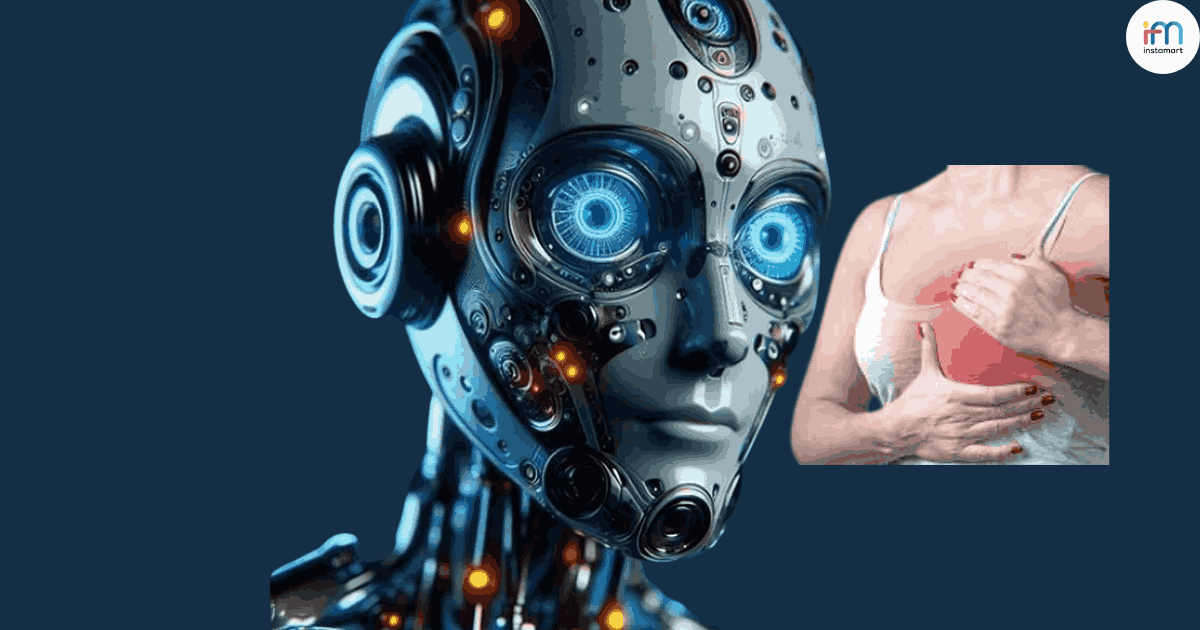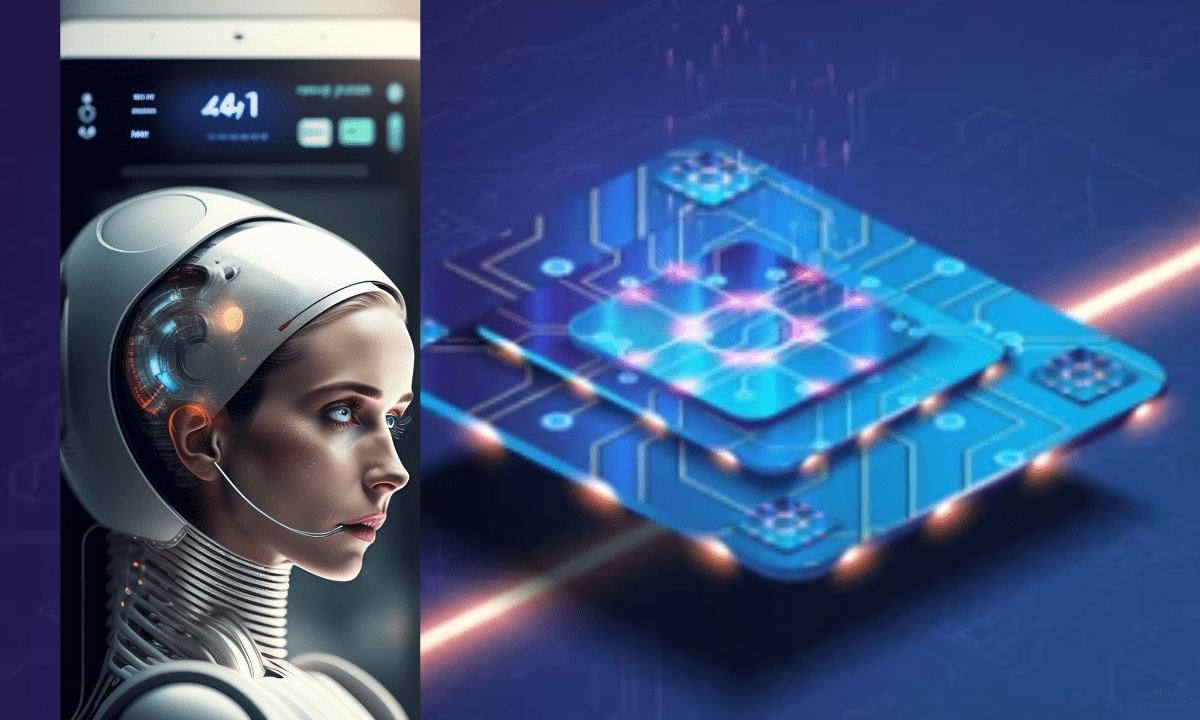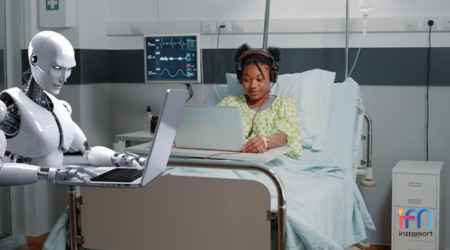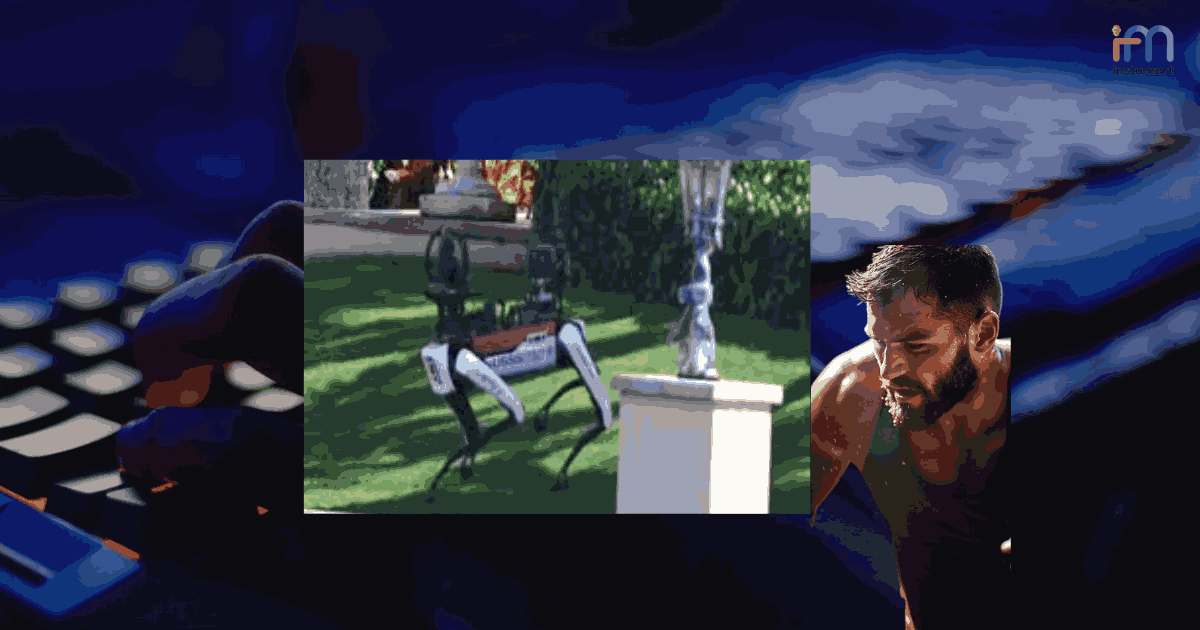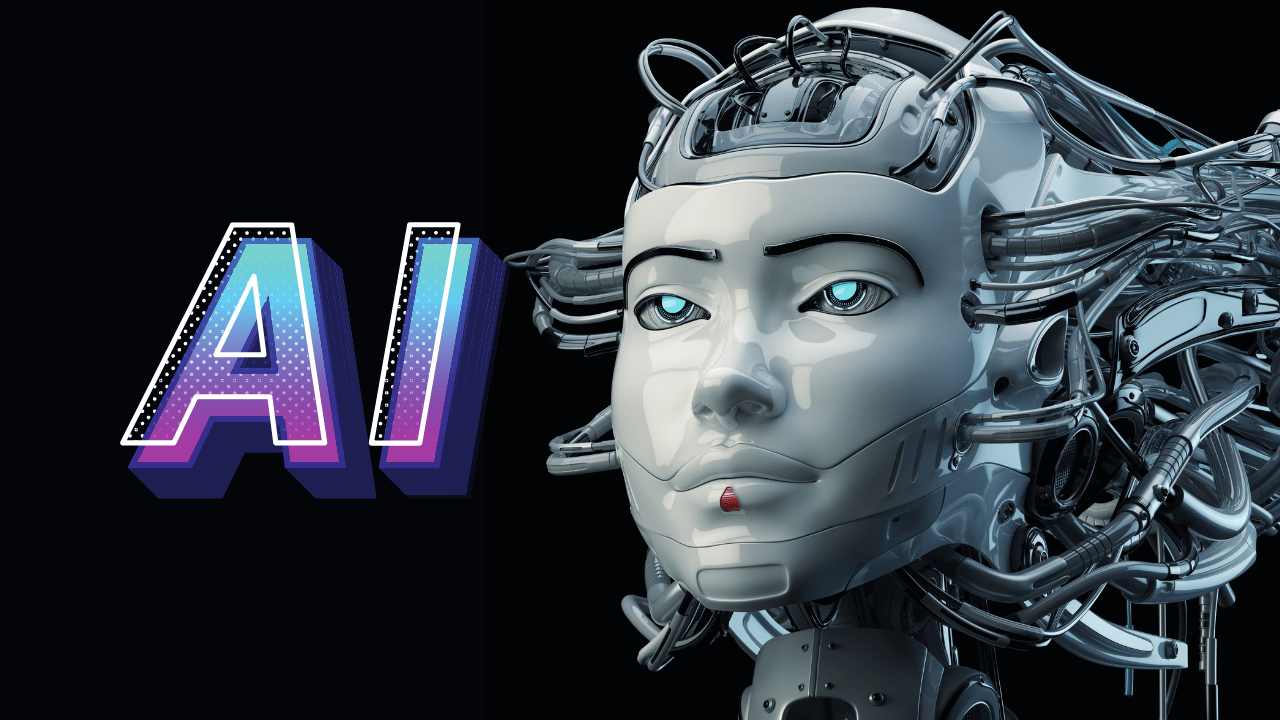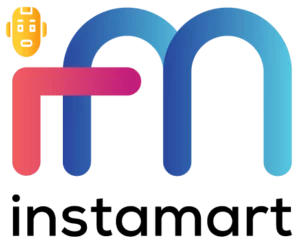American Cancer Society revealed that breast cancer constitutes 30% of new female cancers in the United States every year. New Artificial Intelligence (AI) discoveries in breast cancer screening will put a smile on the faces of thousands of women with the disease. You may not understand the pain someone suffering from cancer experiences until you ‘re in that situation. In the context of the current statistics on breast cancer:
- 1 in 8 US women will develop breast cancer
- Breast cancer incidences in the past increased by 5% each year
- 8 million women are survivors of breast cancer
- 1 in 39 women will die of breast cancer representing 5%
However, experts argue that the stage of cancer, age, general health, and treatment plan are key determinants for survival.
AI Breast Cancer Screening
Traditionally, radiologists relied on mammograms for cancer screening. Early detection saves 1,300 lives yearly in the UK. The Aberdeen Royal Infirmary has hatched an idea on how to spot cancer in its early stages using AI. In this new technique, the AI will now offer additional checks in breast cancer screening. The initial trial already revealed its capability to identify areas of concern that skipped the haw-eyes of radiologists.
Dr Lip, one of the radiologists agreed that “In screening, you want to pick up things when they’re small before they become big.”
Similarly, patients who took part in the trial also acknowledged the less intrusive nature of AI breast cancer screening. June in speaking to the BBC expressed her happiness with the scientific breakthrough:
“The biopsy showed that I do not have an early-stage cancer, they’ve certainly caught it at an earlier stage this time…” June
AI algorithms can analyze mammogram images and assist radiologists in detecting suspicious lesions or abnormalities. AI-powered systems can aid in identifying potential tumors, calcifications, or masses that may indicate breast cancer. These algorithms can help reduce false negatives and false positives, improving the accuracy of mammogram readings.
Why AI Cancer Screening is Important
The UK like many countries faces a significant shortage of radiologists. Dr Lip pointed out that the UK experiences a 1.72 million burden for image reading. The current shortage implies that only 2% of radiology departments in the UK can meet reporting needs within the contracted hours. The impacts on patients are huge. For instance, some are subjected to a 30-day waiting time. This raises the important question of how hospitals can adapt to this shortage.
Early this year, the RBMA estimated that the shortage of Radiologists in the US will reach 35,600 by 2024. Similarly, the American College of Radiology (ACR) implored Congress to invest $1.8B in funding new residency slots for radiologists. These worrying trends now raise concern over how AI can be useful in bridging the gap.
The integration of AI system is one of the greatest breakthroughs that will address the chronic shortage of radiologists. To patients, it will be the antidot against late detection of breast cancer. What it means for a potential patient is the hope of surviving this dreadful malady.
Artificial Intelligence has traded a fair share of fear to employees owing to its potential to take away jobs. In some instances, AI has served as an alternative to unsustainable marriages. Despite the worrying trends in AI, there are also better outcomes to hope for. In its early stages, there are promising results that can give hope to relatives and friends of more than 43,000 men and women who lose their loved ones due to breast cancer.
Artificial intelligence (AI) has made significant advancements in various areas of healthcare, including breast cancer screening. AI technologies are being increasingly utilized to improve the accuracy, efficiency, and effectiveness of breast cancer detection and diagnosis. The integration of AI in breast cancer screening has the potential to improve early detection rates, reduce false positives or negatives, and ultimately enhance patient outcomes. However, AI systems are not meant to replace healthcare professionals but rather to augment their expertise and provide valuable support in the diagnostic process.
You can read more news here
